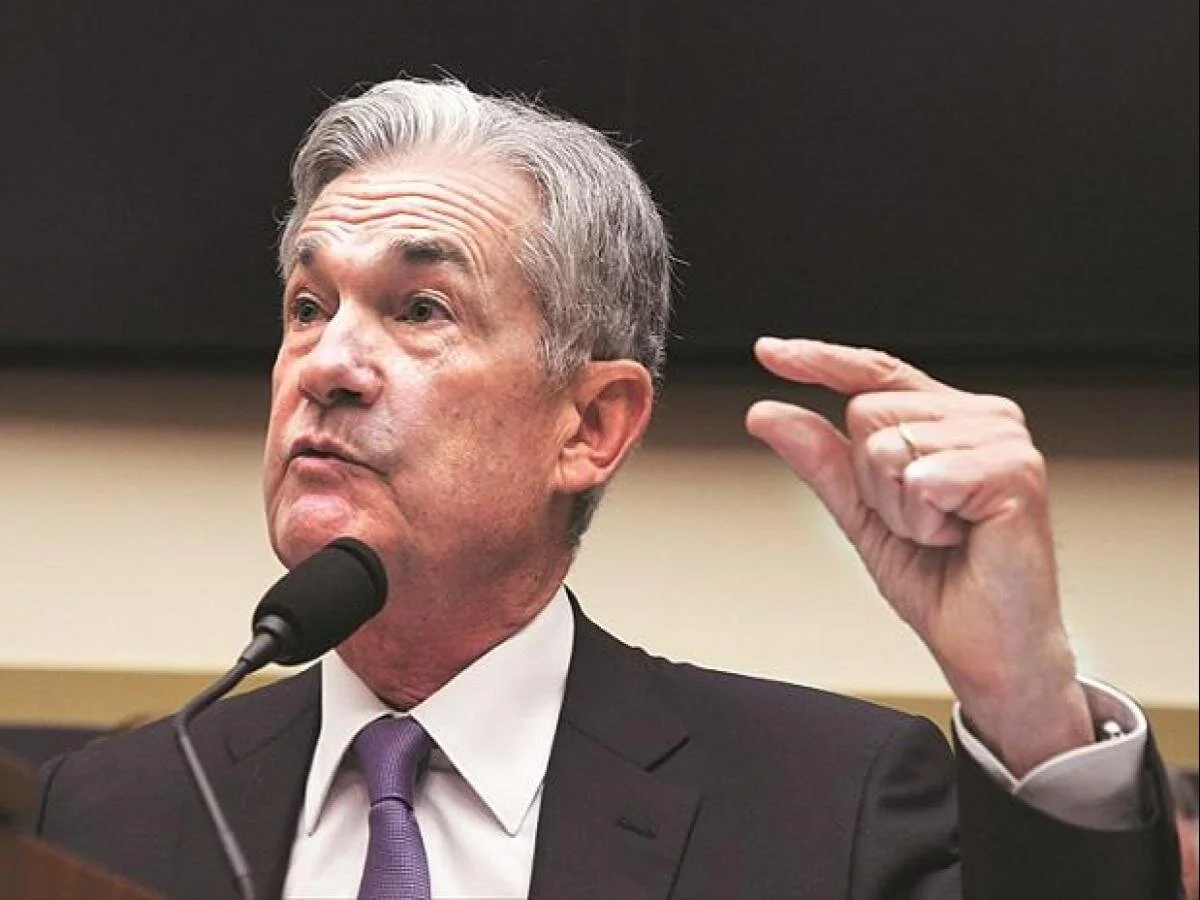What is Bitcoin?
“Bitcoin allows the individual to opt out of the current traditional monetary system.”
What is Bitcoin and how does it work?
Bitcoin is a decentralized digital currency that was created in 2009 by a person or persons by the name of “Satoshi Nakamoto”. It is a peer to peer payment network with no central authority that runs on blockchain. Think of the blockchain as a transparent digital ledger that records every single transaction that takes place within the payment network. Being that the network is in fact a trustless system it is not controlled by one single entity.
Ultimately bitcoin is a transfer of value between two parties that is independent of central banks who can exploit and manipulate money supply as well as true freedom of commerce within the global market.
Is it really a currency?
Depending on who you ask you might get different answers on this one. Some people believe that Bitcoin is in fact a currency while others disagree and yell to the heavens that it is a commodity like gold or silver. Another narrative is that it is a store of value like gold.
The truth of the matter is that bitcoin emcompasses all of these things. All of these attributes contribute to bitcoin’s value.
Let us take a look at some characterisitcs of what would constitute an accepted currency.
Durability - Money must be able to withstand the test of time. It should not easily decompose, deteriorate, degrade or at any point change from its original form. This particular characteristic is vital for a currency to act as a medium of exchange and as well as a store of value.
Portability - Means that money can be moved from place to place to be used in transactions for goods and services.
Divisibility - Currencies should be able to be divided into smaller increments to be used in exchange for goods of varying values.
1 US dollar = 1 Hundred Pennies/4 quarters/10 dimes/20 nickels
Limited Supply - Constraints have to be in place on the amount of money in the monetary circulation ensuring that values remain consistent. A country’s government has the responsibility to control and maintain an adequate money supply ensuring its validity within itself as well as the global economy.
Acceptability - This supports the function of medium of exchange.
Money must be acceptable to all without apprehension within an exchange for goods or services.
Non Counterfeitable - This is crucial for obvious reasons.
Money cannot be easily duplicated. This is a task traditionally deemed to government to control and regulate the total quantity of money in circulation.
Unfortunately governments sometimes play a role in printing more money to “stimulate” growth within a failing economy as a short term solution only creating a longer term problem. That is what we are experiencing within the United States currently.
When a countries’ native currency is being inflated people naturally look to other assets to protect their net worth. Bitcoin and other digital currencies have become a hedge to inflation. Meaning investors will put their money into crypto in order to ensure their net value will not fall.
Where are you holding your value?
Stocks, bonds, real estate, gold, silver, crypto ?
Do your due diligence and decide.
Jk




